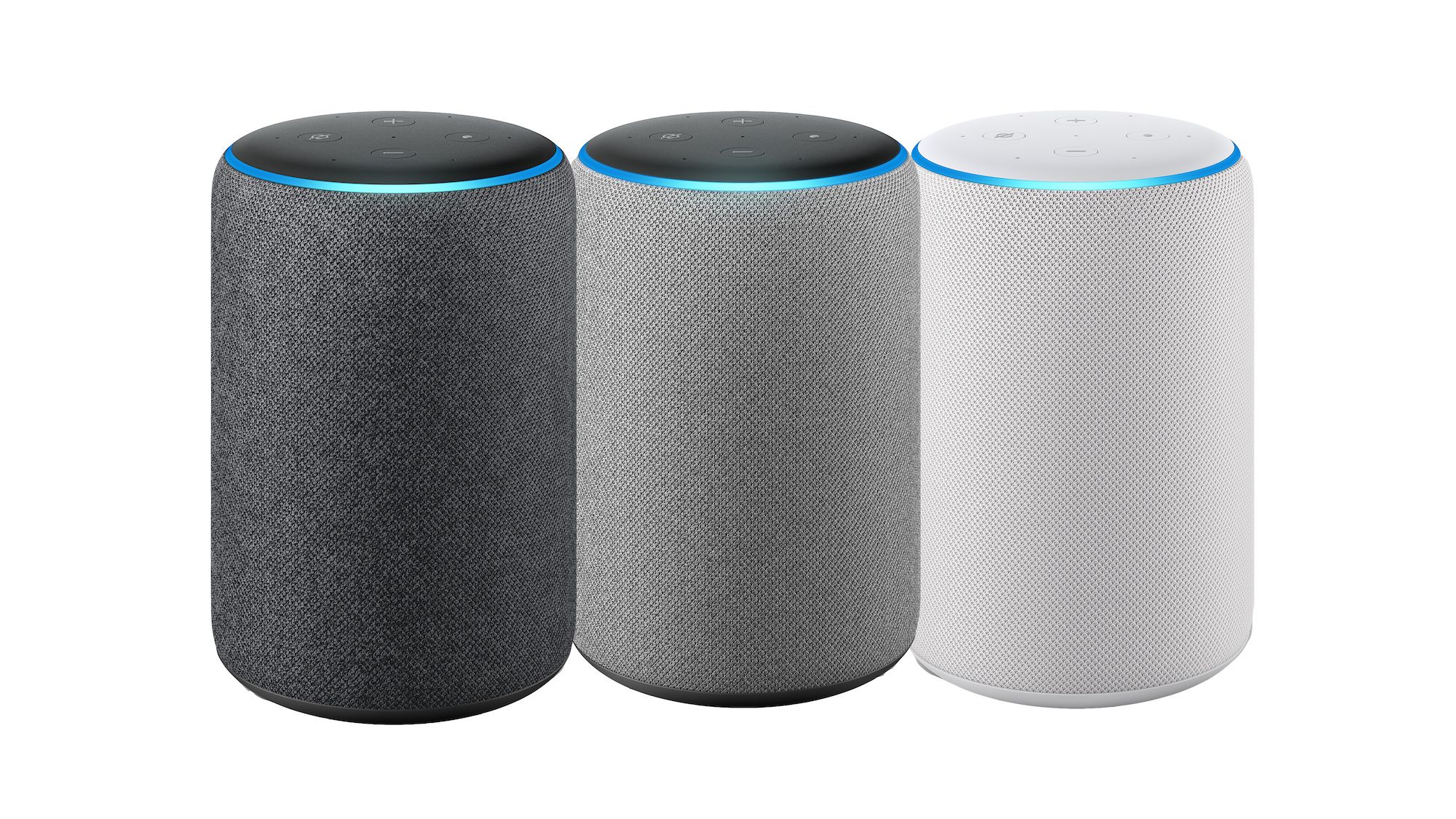People talk to smart assistants more since Covid-19
Voice controls simplify how we operate products in our home — all we need to do is make a request out loud, and it happens. Since the coronavirus outbreak, many are using this option even more. So says a new study published by NPR and Edison Research which found that more than half of people who own smart devices are using the voice command option, such as talking to smart assistants, at least once a day.
The new Smart Audio Report interviewed 1,660 adults between March 31, 2020 and April 1, 2020, 20 days after Covid-19 was declared a pandemic by the World Health Organization.
A majority of those surveyed, 77 percent, said that their typical routine had changed because of the outbreak, and almost half said they were now working from home. And one of those changes includes using voice commands at least once every day, up from 46 percent in January 2020 to 52 percent since the pandemic began.
The main reason people are turning to voice-operated personal assistants is that they believe these systems make their life easier — and 41 percent now say they wouldn't want to go back to living with out them.
Smart speaker ownership grows
The number of people overall who own a smart speaker has increased since 2019 — from 21 percent or about 53 million people, to 24 percent or around 60 million people today. And more are turning to devices with screens, like the Nest Hub Max, as well.
People also own Amazon speakers more often than Google speakers, nearly double the amount, with 78 percent preferring Amazon's devices, like the Amazon Echo, to the 41 percent who own Google's speakers like the Nest Mini. In more than half the cases today, people own more than one smart speaker as well — a jump from 2019 too — with people starting to expand the number of devices throughout their home. In fact 29 percent of those surveyed now have three or more smart speakers, a leap from the 21 percent in 2019.
People are certainly growing more comfortable with smart assistants as they use them — and as the features expand, allowing people to do much more than ask about the weather or play music. (Although that is the top request made of smart speakers, with the weather a distant sixth.)
Today, smart assistants can manage schedules, order takeout, make phone calls and run a home, even locking up for the night. And 38 percent of those surveyed say they actually find new skills and actions just through trial and error, while almost one-fifth learn about them through news and technology sites.
Not everyone is sold
There's still some reticence among people about putting smart speakers in their home. The main reason cited by those surveyed is that they're concerned that the devices are always listening — and the second most popular reason, cited by 65 percent, say that they're worried hackers could use these products to get access to their home, or to their personal data.
Not surprisingly, 66 percent of those who don't own a smart speaker say it's no likely they're going to be buying a voice-enabled device in the next six month. But what may be encouraging to smart speaker brands — 27 percent say they're somewhat likely, and 7 percent say they're very likely.
Covid-19 lockdowns may be influencing that decision, certainly among people ages 18 to 34. Among that age group, half are using their smart speakers more now to listen to news and information, and potentially sharing that experience with friends and their family.
"Voice assistant technology is in a state of evolution, not revolution, as people are using more kinds of skills and using the technology on speakers, TVs, and other devices," researchers wrote.
Echo Show 5 – stay connected and in touch with Alexa - Charcoal
